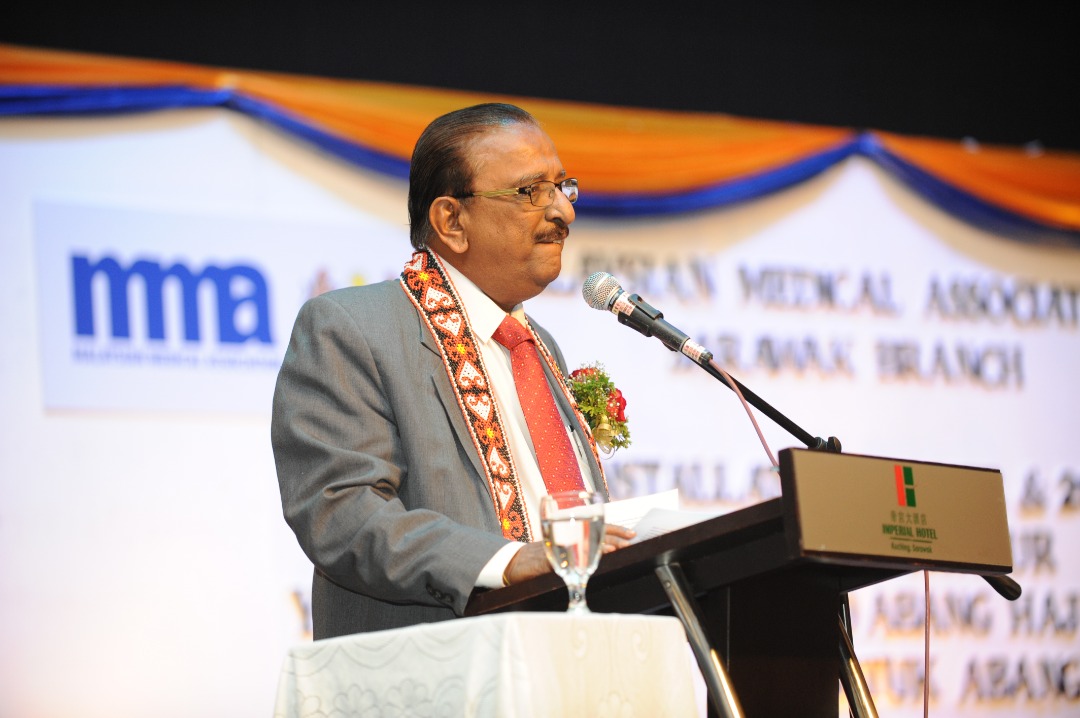KUALA LUMPUR, Dec 26 — A whopping 72,000 people have supported the Malaysian Medical Association’s (MMA) petition to reinstate the critical allowance for doctors, pharmacists, dentists, and nurses working in the public sector.
The doctors’ group noted that the removal of the allowance for incoming staff next year — RM750 monthly for doctors, pharmacists and dentists, and up to 15 per cent of the monthly basic salary for nurses — would significantly hit public health workers’ earnings, who already face bleak career prospects with little chance for permanent positions.
“Why does the civil service seem to be targeting the health care workers?” Dr Vijay Ganasan, vice chairman of SCHOMOS MMA, questioned in his petition.
“We are the only professional scheme with contract juniors. We are now faced with a sharp reduction in our incentives. There seems to be an ever increasing burden being placed on our juniors, and this, we from the associations, feel to be unfair.”
MMA’s petition reached a whopping 72,000 signatures at the time of writing within a single day after it was launched on Christmas morning yesterday.
CodeBlue broke the news on Christmas Eve about a December 20 Public Service Department (JPA) circular on the Pakatan Harapan administration’s decision to abolish the Critical Service Incentive Payment (BIPK) for government workers across 33 Critical Service schemes who are appointed from January 1, 2020.
Critical Service schemes, which were started in 1992, comprise professional jobs that are considered vital to Malaysia’s development, like doctors, engineers, and architects, among others. Although JPA mentioned 33 schemes, the Accountant General’s Department of Malaysia states that the BIPK is allocated to workers in 38 Critical Service schemes.
Health care professionals who receive the BIPK allowance comprise doctors, pharmacists, dentists, nurses, and medical assistants. The criteria for the critical allowance, which is supposed to be reviewed every five years, are a low offer rate and difficulty in filling vacancies.
However, Malaysia is facing a glut of medical students, which forced the Health Ministry this year to reappoint medical officers on contract, who were told to seek employment in the private sector after their mandatory two-year service with the government.
Several ministers — Health Minister Dzulkefly Ahmad, Youth and Sports Minister Syed Saddiq Abdul Rahman and Foreign Minister Saifuddin Abdullah — have demanded an explanation from JPA, even though JPA stated that the decision to cancel the critical allowance was made in a Special Cabinet Committee Meeting on Public Service Reforms chaired by Prime Minister Dr Mahathir Mohamad this year.
“While we support prudence and ensuring a leaner civil service, this should never come at the expense of the critical areas for the development of the country, namely health and education,” said MMA.
There have been calls on Twitter for government junior doctors to go on strike, following strikes in the UK, New Zealand, and other countries.








